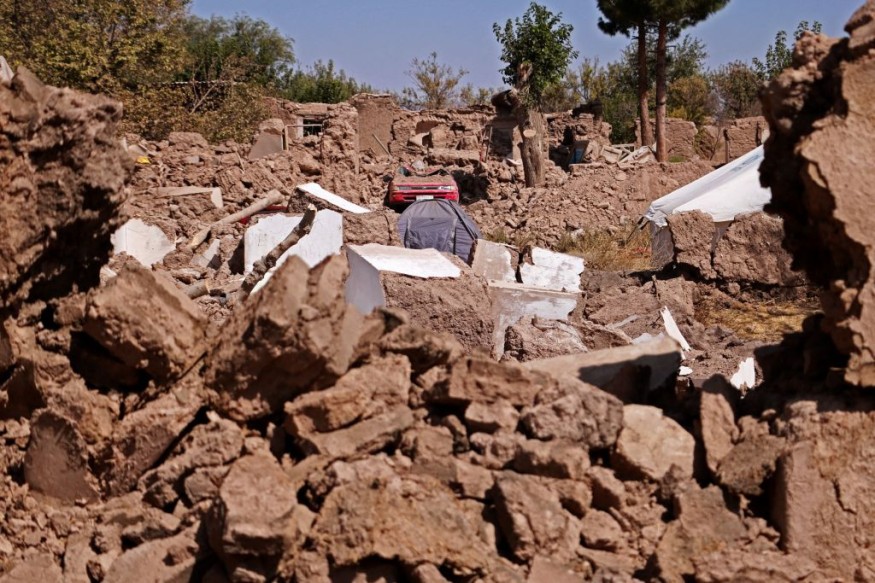
Some ill-equipped hospitals in Afghanistan are already having a difficult time in accommodating victims of the powerful earthquake that struck the country.
Many of those who were wounded, which the number is at more than 1,600, were sent to the Herat Regional Hospital. Officials said that the teams from the medical charity Médecins Sans Frontières (MSF) have been there since the weekend.
Most of the patients arriving in the hospital were non-emergency cases. However, many of these patients no longer have houses to return to; therefore, many of them have remained in the hospital facilities while authorities are looking for alternative places where they could stay.
Authorities said that majority of the earthquake survivors who are being treated in medical facilities were women and children.
Read Also : Afghan Quake: Global Response 'Slow,' Approaching Winter Seen To Challenge Response Efforts
Affected individuals
The United Nations said that an estimate of 12,110 people or 1,730 families have been affected in five districts of Herat. The figures of those affected are expected to increase as assessments being conducted by authorities continue, according to OCHA spokesperson Jens Laerke.
Officials have also recorded a series of aftershocks, including one measuring 5.1 magnitude on Tuesday. This only made the situation worse.
According to UNHC spokesperson William Spindler, search and rescue teams are on their way bringing water and shelter to assist traumatized survivors amid the extensive damage brought by the destructive earthquake.
Spindler said that those worst-hit have lost all their belongings and as winter approaches the country, these people need warm clothing.
World Health Organization (WHO) spokesperson Tarik Jasarevic said that at present, the immediate focus in the response measures is to save the lives of those injured and to ensure that survivors have access to humanitarian relief, including essential health services.
"Women, children and vulnerable populations are gravely affected by the disaster," Jasarevic said, noting that female health workers in the country continue to attend to patients, with no discrimination.
Jasarevic further confirmed that the UN health agency has provided enough supplies to treat 650 injured patients at Herat Regional Hospital.
Jasarevic also said an additional 25 metric tons of medicines and medical supplies have also been sent to Herat, while 54 mobile health teams, including three by WHO, have been deployed in the affected areas.
A total of 12 ambulances have been sent to Zindajan District and Ghorian District to evacuate causalities to the regional and other hospitals.
The WHO also warned that displacement caused by the powerful earthquake has posed a significant health risk among the residents, including increasing the transmission of infectious diseases, such as measles, acute respiratory infections and acute watery diarrhea.
Officials also urged the authorities to boost preparedness in the event of disease outbreaks.
Second earthquake
Authorities said that a 6.3 magnitude earthquake has struck western Afghanistan and this came days after the series of deadly quakes that left more than 2,400 people dead.
The powerful earthquake struck an area near Herat early Wednesday morning.
Authorities said that there had been "huge losses" in districts near areas that had been flattened by the earlier quakes.
Related Article : Western Afghanistan's Deadly Earthquake: Over 2,000 People Died, 1300 Houses Affected
Related Video:
© 2025 NatureWorldNews.com All rights reserved. Do not reproduce without permission.





